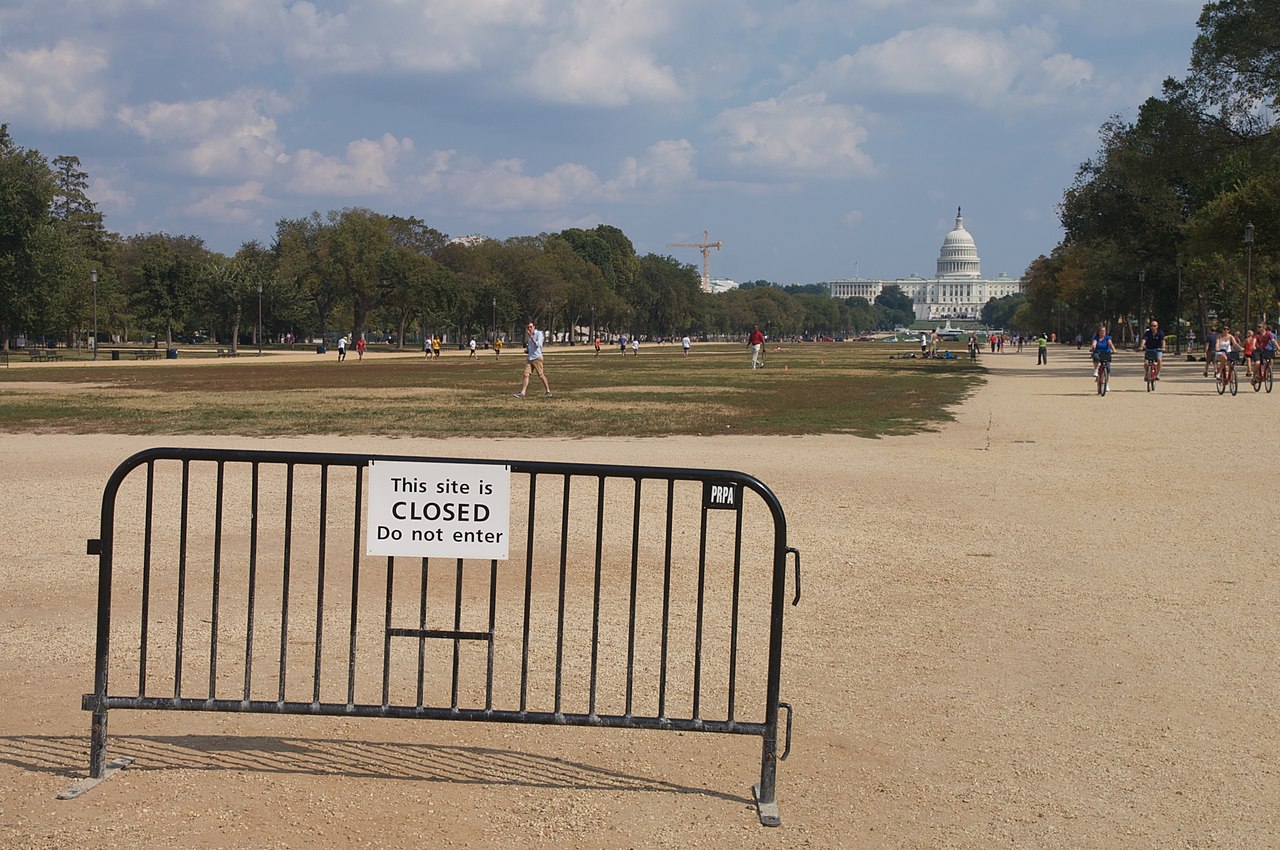As the government shutdown enters its second week, House Republicans assert that current congressional spending levels represent a compromise with Democrats, despite ongoing negotiations for a full-year spending plan.
Explainer Senate Democrats Block Confirmation of 10 U.S. Attorneys
House Republicans passed a clean continuing resolution (CR) at the last enacted spending levels under President Biden. This move, they argue, demonstrates their willingness to keep the government operational while discussions continue.
According to House Appropriations Chairman Tom Cole, R-Okla., the clean CR was initially a bipartisan agreement among appropriators. "This was a bipartisan deal struck by appropriators — and then abandoned after the fact by Democratic leadership to gain political points," Cole stated.
In contrast, Senate Democrats have proposed significant policy changes in exchange for their support of the clean CR, including an additional $1.5 trillion in spending. Critics, including House Republicans, argue that these demands are excessive and unrelated to the appropriations process.
"Democrats expect Republicans to undo the major Medicaid reforms made in the One Big Beautiful Bill Act, including removing illegal aliens from Medicaid," the report noted. Furthermore, Democrats are pushing for the expansion of pandemic-era credits that would increase subsidies for health insurance plans covering elective procedures.
House Republicans have indicated that their topline spending level is approximately $2 billion below the last enacted levels. They are willing to negotiate but emphasize that their initial position reflects a desire for fiscal responsibility. "The real middle ground lies somewhere between Republicans’ $2 billion less than the clean CR and Democrats’ $1.5 trillion more," a Republican source commented.
Despite the ongoing negotiations, Senate Democrats blocked the clean CR, insisting on their proposed spending increases. This has led to accusations of bad faith from Republican lawmakers, who argue that Democrats are not engaging in constructive discussions.
Republicans maintain that their approach is the most fiscally responsible path forward. They argue that any alternative to the House-passed clean CR would undermine efforts to address the nation’s growing debt, which currently stands at $37 trillion.
As the stalemate continues, some Republicans are calling for a unified front against any proposals that deviate from the clean CR. "Keeping unified and rejecting any alternative is crucial at this point," a Republican strategist stated. They believe that once the appropriations lapse is resolved, discussions can resume on full-year spending plans.
In the meantime, the shutdown has raised concerns among taxpayers and government employees alike. The ongoing impasse highlights the challenges of reaching a consensus in a divided Congress, where both parties have differing priorities.
Until a resolution is reached, Republicans are urging their Democratic counterparts to engage in good faith negotiations. "The American taxpayer deserves better than the unserious pandering we’re getting in the meantime," said Brittany A. Madni, executive vice president of the Economic Policy Innovation Center.
As the situation develops, both parties will need to navigate the complexities of budgetary negotiations while addressing the immediate needs of government operations.
Why it matters
- House Republicans claim the clean CR reflects a bipartisan compromise, emphasizing fiscal responsibility amid ongoing negotiations.
- Senate Democrats' demands for increased spending and policy changes are seen as excessive by Republicans, complicating negotiations.
- The government shutdown raises concerns for taxpayers and employees, highlighting the difficulties of consensus in a divided Congress.
What’s next
- House Republicans urge Democrats to engage in good faith negotiations to resolve the shutdown.
- Further discussions on full-year spending plans are expected once the appropriations lapse is resolved.
